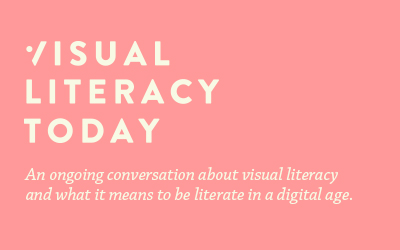Navigating the Information-Scape: Information Visualization and Student Search by Matt Conner and Melissa Browne
Abstract:
The purpose of this paper is to investigate three tools based on principles of information visualization and measure their impact on undergraduates’ abilities to generate keywords for database research. In total, 50 undergraduate students were randomly assigned to a condition (Control, Keyword Matrix, Wonder Wheel, Visual Search) and instructed to find relevant article citations on unfamiliar topics in EBSCO’s Academic Search Complete. All students completed a pre‐test to provide baseline data. Control subjects performed one additional search. Students in the experimental conditions were introduced to the relevant information visualization strategy, employed it to identify keywords for two post‐test searches, and provided a written assessment of its impact. Audio and screen captures from search sessions were recorded, transcribed and analyzed. Brainstorming Behavior: Wonder Wheel subjects spent significantly more time brainstorming search terms than those relying on the Keyword Matrix. Search Behavior: Visual Search subjects utilized significantly more search concepts and attempted more searches. Evaluation: Students expressed satisfaction with all three tools tested; however, a subset of Visual Search subjects verbalized frustration as they searched. The Visual Search produced desirable student search behaviors. The study sample was limited (50 undergraduates from a single institution) and student searches were not motivated by authentic information needs. This study offers insight into how information visualization tools can be leveraged to improve undergraduate search behavior. The findings have practical implications for teaching librarians and course instructors.
